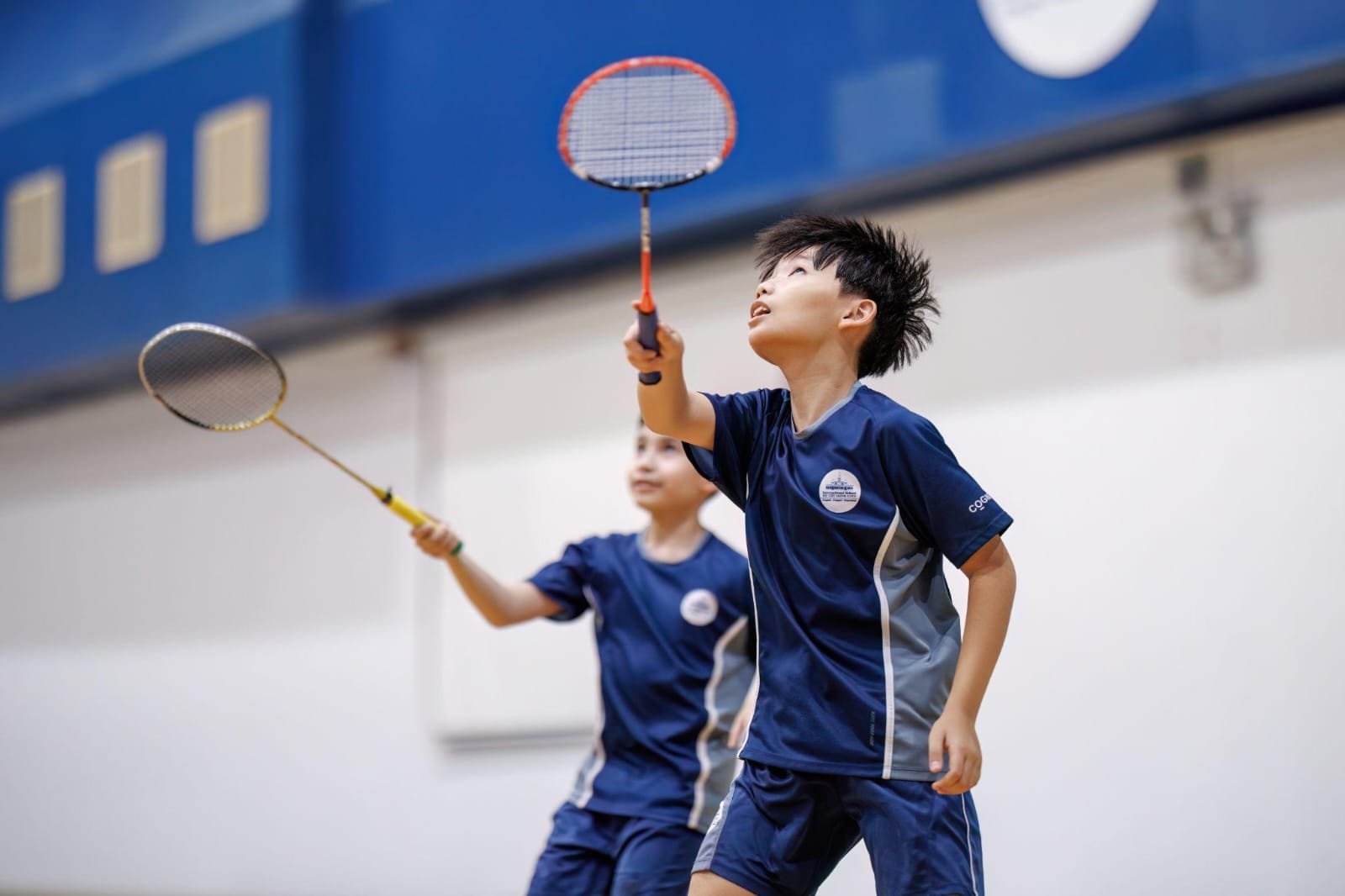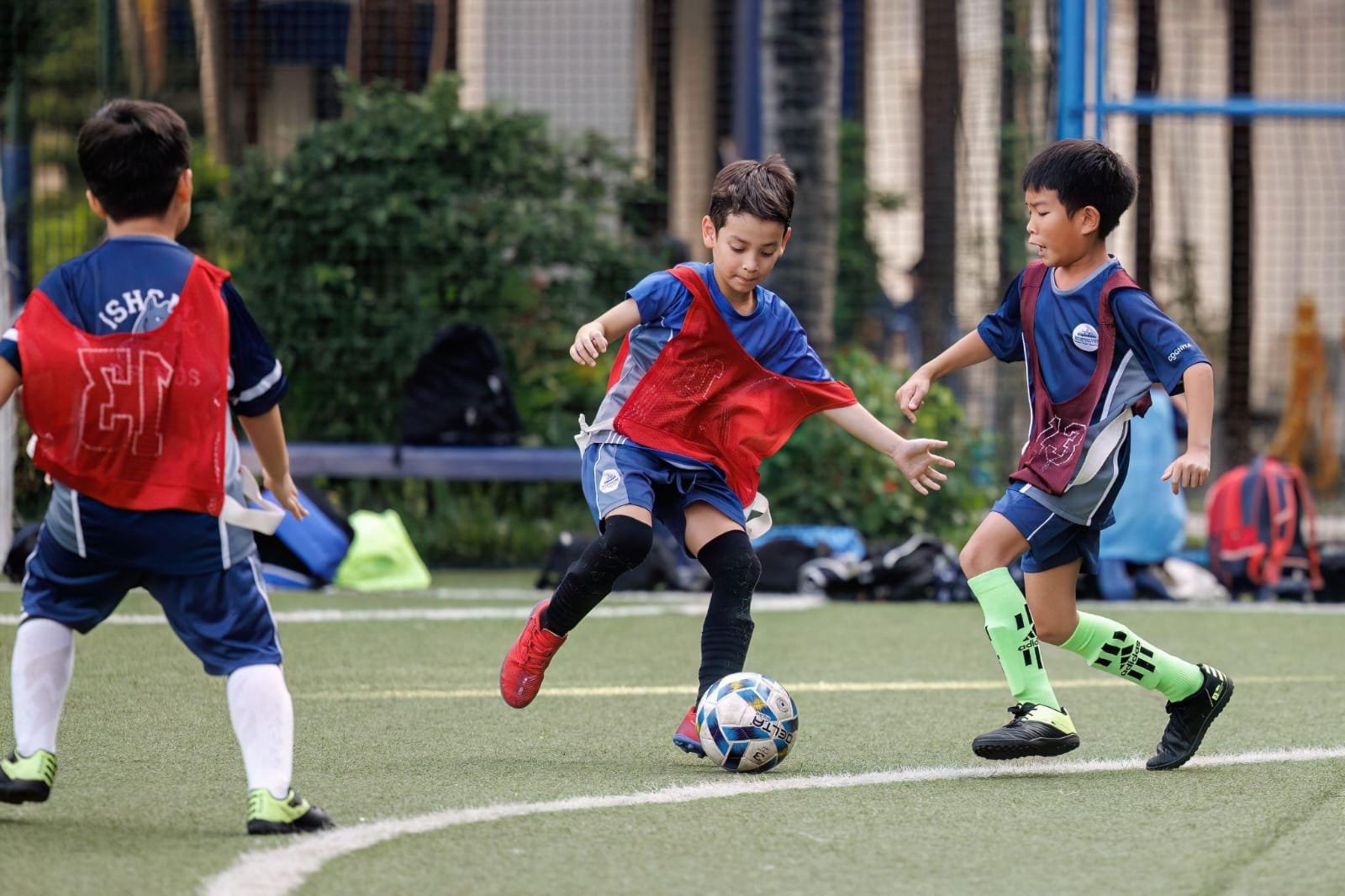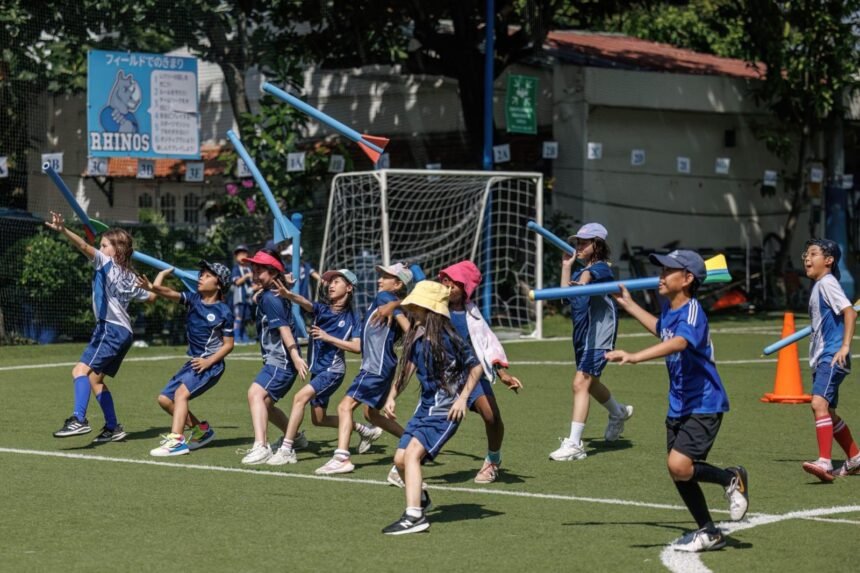Beyond simply filling the gap between classes and going home, extracurricular activities are essential in molding the young ones, and taking part in after-school extracurricular activities aids in children’s physical, emotional, and social development, enabling them to have a better future. So, why are extracurricular activities important? Let us explore their advantages, typical examples, and the process of finding the appropriate one.
The Benefits of After-School Extracurricular Activities
Beyond academics, after-school activities provide a valuable space for students to explore their interests, develop new skills, and connect with peers who share their passions.
Enhancing Social Skills
After-school programs allow students to interact with their colleagues regardless of class. Working in groups, joining specific organizations, or singing can help develop soft skills like effective speaking or teamwork.
Taking up positions in a hierarchy can also help improve a student’s planning skills. Taking part in various activities helps them prepare themselves for what else lies outside their comfort zones.
Building Time Management
Managing school obligations and engaging in after-school extracurricular activities reflects the significance of making priorities, planning, and managing time—skills that will be useful throughout one’s life.
If they can manage their time, they can easily understand and prioritize tasks, organize the timetable, and apply self-discipline. However, this can also allow them to face challenges squarely and offer solutions within the shortest time possible without succumbing to stress.
Encouraging Creativity
One of the benefits of extracurricular activities is their ability to stimulate creativity and critical thinking. Artistic activities include painting, acting, music, and writing workshops, while rational skills are encouraged through activities like robotics, debates, and science clubs.
Extracurricular activities can boost confidence and self-worth, particularly for struggling students. It also provides opportunities to discover new interests and skills.
Popular Types of Extracurricular Activities
Extracurricular activities offer diverse opportunities for students to explore their interests and develop new skills.

Sports and Physical Activities
These sports comprise a wide range of individual and team types and other physical activities like dancing, yoga, and martial arts. Engaging in sports and related activities enhances student teamwork, leadership, discipline, and time management, enhancing fitness levels and general health.
Academic Clubs
Regarding the relaxation of the agenda, academic clubs serve the needs of one specific subject or area of interest. Examples are math clubs, science clubs, debate clubs, and clubs of foreign languages. The assistance of other students is invaluable in advancing one’s knowledge of a given subject or practice, enhancing one’s research and analytical abilities, and making connections with others interested in similar activities.
Creative Arts
Participation in creative activities offers children the best outlets for their creative suppression. Some of the most cross-culturally accepted creative activities are music, theatre, dance, visual arts, and writing. Engaging in these creative art activities also enhances a person’s creativity and interaction with others while uplifting their emotional state and overall self-esteem.
Volunteering Opportunities
Inculcating volunteering in students helps them positively contribute to their surroundings and also allows them to bring out social responsibility. Many different kinds of volunteering opportunities are available for both short and long periods. Students can help in local soup kitchens, animal shelters, and hospitals or join environmental organizations.
Cultural and Language Activities
Cultural and language programs are designed to promote diversity among students by encouraging them to accept different traditions and languages. Students join foreign language clubs or cultural heritage associations and become part of international exchanges, all adding to their globalization. Such approaches enhance the ability to communicate and help the students understand different cultures and opinions.
How To Choose The Right Extracurricular Activities

Selecting the most suitable extracurricular activities for a child is a nuanced process that balances their interests, schedule, and opportunities for growth.
Considering the Child’s Interests
Recognizing a child’s inherent tendencies is essential when choosing activities they will enjoy and follow through on. Parents, as well as their children, have the opportunity to consider their options thanks to the observation of personal interests and dialogue about them.
For instance, an aspiring painter may want art courses, but a sports lover, on the other hand, could be interested in basketball or tennis. It is also helpful to associate certain activities and characteristics, such as extroverted or introverted personality types, facilitating internal drive and making the experience enjoyable.
Balancing Commitments
It is usual to find oneself overwhelmed by life, from school to family to other activities. Helping them achieve a balance of studies, spare time, and activities is important for a healthy way of life.
It is also important to teach students how to evaluate their present work commitments, determine what is most crucial, and keep themselves from engaging in activities that fill up their schedules more than they can handle. This encourages children to concentrate on excelling in every sphere of life while taking care of themselves.
Encouraging Exploration
Involvement in after-school extracurricular activities helps develop new interests and skills which assists children in discovering their talents and preferences. When there are different available choices, such as the appreciation of beauty through arts or joining the science of technology, it broadens the perspective and cultivates resilience.
This kind of self-investigation can lead one to take up a profession or an engagement that a student has always wanted to pursue.
Empowering Your Child with ISHCMC
Involvement in after school extracurricular activities, including playground ideas for primary schools, helps develop new interests and skills which assists children to discover their talents and preferences. When there are different available choices such as the appreciation of beauty through arts or joining the science of technology, it broadens the perspective and cultivates resilience.
This kind of self-investigation can lead one to take up a profession or an engagement a student has always wanted to pursue. Do you feel the readiness to assist your child in finding what they love? Jump into the juggernaut of extra skills activities now!
Explore the options at ISHCMC and find the perfect match for your child’s interests.
Also Read: Top 4 Reasons to Get Your Pet CPR Certification Today








